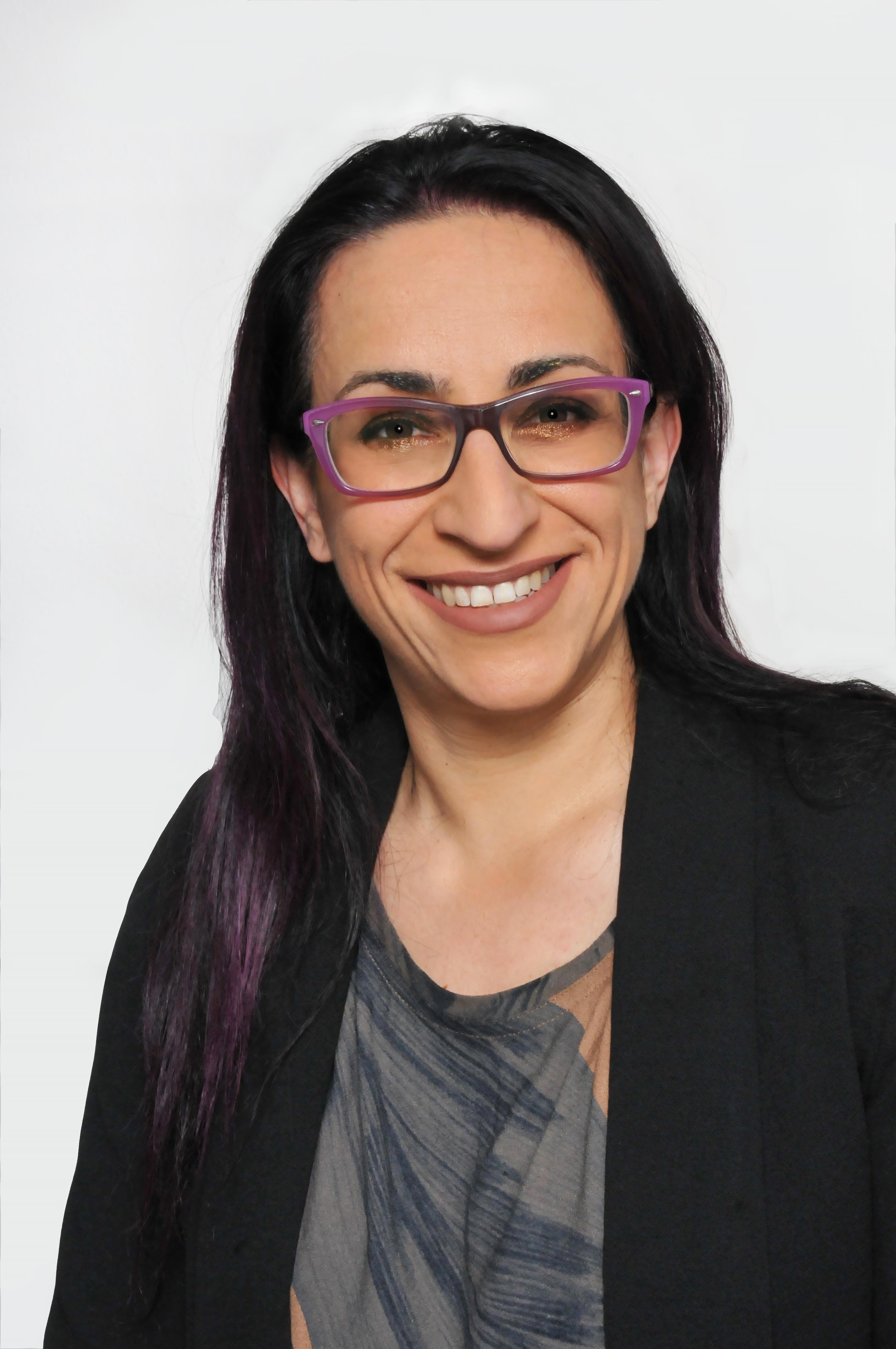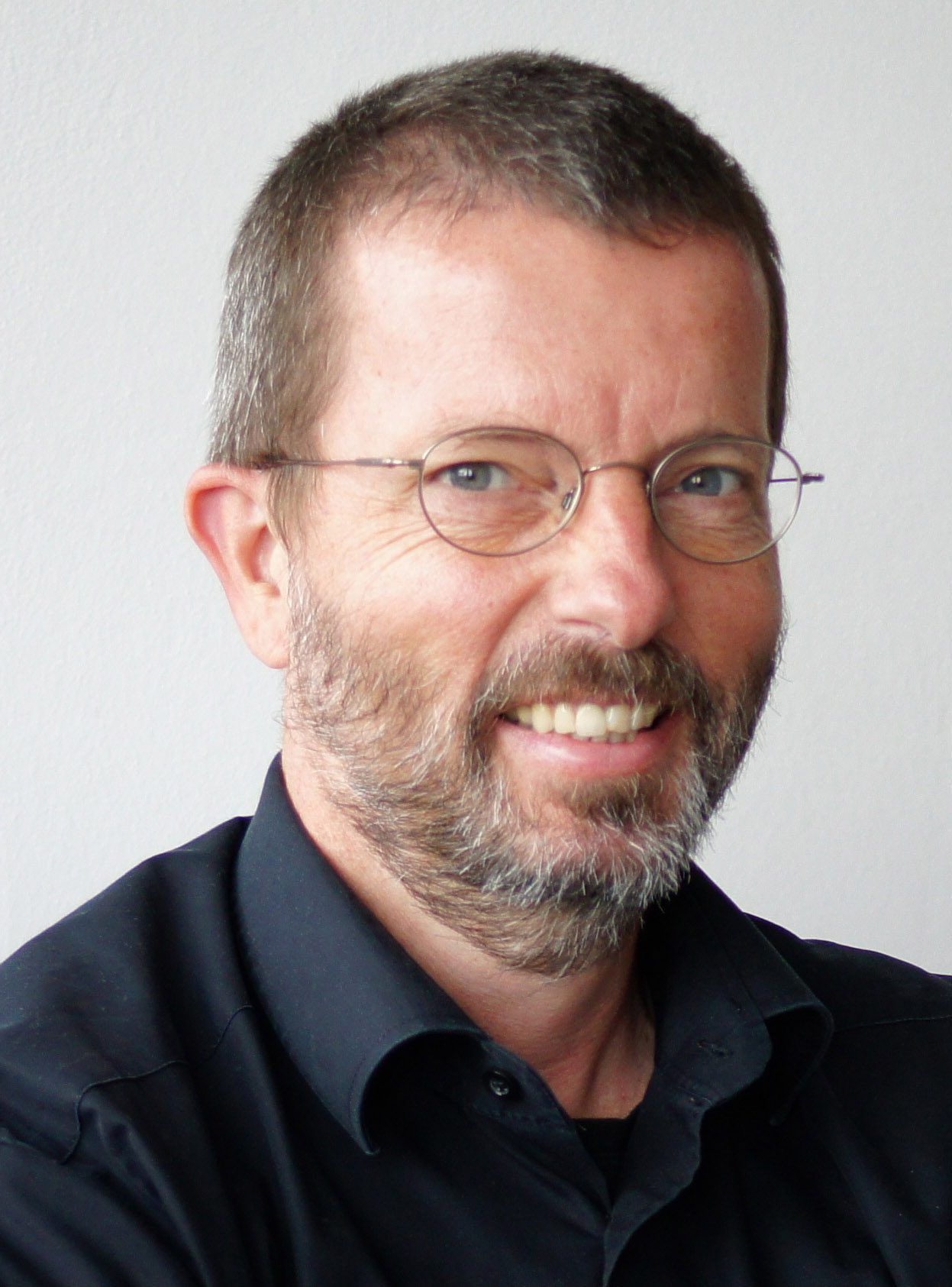Major award for two Bernese medical projects
Prestigious grants from the USA go to two Bernese researchers: the biomedical scientists Marianna Kruithof-de Julio and Robert Rieben were the only researchers in Switzerland to receive a grant under two "Congressionally Directed Medical Research Programs", which primarily support research in the USA. This underlines the unique quality of medical research at the University of Bern.
The American "Congressionally Directed Medical Research Programs" (CDMRP) provide grants on behalf of the US Department of Defense (DoD) to support medical research projects in numerous areas of biomedicine. Researchers apply for these grants in a highly competitive process. The DoD is responsible for the lifelong medical care of its employees. For this reason, its medical research programs support both basic and applied research in various areas of medicine, such as breast cancer research. The CDMRP has existed since 1992. The entire budget for 2019 comes to around USD one billion.
Extraordinary success for Bern
Only four CDMRP grants have been awarded to Switzerland in the past ten years – one of which went to another Bernese biomedical scientist, Adriano Taddeo, in 2017. From the current call, the two researchers from Bern were the only scientists from Switzerland to receive a grant: Robert Rieben from the Department for BioMedical Research (DBMR) at the University of Bern and Marianna Kruithof-de Julio from the DBMR and the Inselspital, Bern University Hospital.
"This is an extraordinary success for the University of Bern, as these are the only two researchers in Switzerland to receive an award in the fields of prostate cancer and reconstructive surgery," says Daniel Candinas, Vice-Rector for Research. Marianna Kruithof-de Julio’s project is one of nine that won against 149 applicants, with her project and three Australian projects being the only ones from outside the USA. Robert Rieben’s project is the only non-American project of the nine selected from a total of 119 applications. Marianna Kruithof-de Julio’s project will be supported with around $822,000 (equivalent to around 810,000 CHF) for a period of three years, and Robert Rieben’s will be supported by around $750,000 (equivalent to around 740,000 CHF) for three years.
Increasing the chance of survival in prostate cancer
Prostate cancer is the most common type of cancer and the second most common cause of cancer-related death in men. The survival rate of prostate cancer patients mostly depends on the extent of the tumor. If the cancer is confined to the prostate, patients are expected to survive 5 years on average. If it has spread to other organs, this drops to 1-3 years. Currently, prostate cancer can be successfully treated surgically provided that it is still in the first phase where it is still dependent on the hormone androgen. This is followed by a therapy in which androgen is suppressed to keep the cancer in check and prevent metastasis. However, once the cancer is no longer dependent on androgen and becomes "castration resistant", this therapy ceases to be effective. "That’s why there is an urgent need to find out which factors drive metastasis and to develop new therapeutic targets," says Marianna Kruithof- de Julio, Research Leader of the Urology Group at the Department for BioMedical Research (DBMR) and the Department of Urology at the Inselspital, Bern University Hospital. The small protein "Cripto" is one such possible therapeutic target: it can attach to the surface of cells and reach the extracellular space from there. "We hypothesize that Cripto helps transform stem cells into prostate cancer cells and that it keeps stem cell-like cancer cells alive in therapy-resistant prostate cancer," explains Kruithof-de Julio.
To test this hypothesis, her team will investigate Cripto signaling activity in both stem cells and prostate cancer cells. To do this, the cells will be genetically manipulated. "By investigating the metabolic processes of these cell cultures, we can find out whether Cripto actually plays a role in the conversion of stem cells into cancer cells," says Kruithof-de Julio. If this is the case, and these particular cells can be identified at diagnosis, we might be able to predict which tumors will become aggressive. "Such a group of patients should then be carefully monitored – and they could then be treated with a specific anti-Cripto therapy," says Kruithof-de Julio.
Preserving severed limbs
If someone loses a hand, forearm, foot or lower leg in an accident, surgeons today have a maximum of 6 hours to reattach these limbs – in a so-called "replantation". If the blood supply to the amputated limb is interrupted any longer, it leads to damage after the blood supply is restored: the limb swells massively, resulting in the affected muscles dying off. There can also be an inflammatory response that can affect the whole body and, in a worst-case scenario, lead to multiple organ failure and death. Robert Rieben, leader of the Cardiovascular Group at the Department for BioMedical Research (DBMR), and his group have been successfully conducting research in this field for some time: years ago, in collaboration with the Department of Plastic and Hand Surgery at the Inselspital, they developed a method in which a heart-lung machine is used to preserve traumatically amputated limbs for significantly longer, thereby gaining time for the patient to be treated. These patients might also have other life-threatening injuries that need to be taken care of before replantation. "It’s a case of ‘life before limb’," explains Rieben.
His group has also been working for a while on substances that protect blood vessels during the interruption of the blood supply, thus greatly reducing damage. Both these previously-developed techniques – for prolonging the amount of time until the replantation of (partially) traumatically amputated limbs – will now be combined in this project. "If it works, limbs could be replanted up to a day and a half after the injury," says Rieben. "This would benefit not only the war-wounded but also accident victims, especially in a disaster scenario."
2019/08/15



